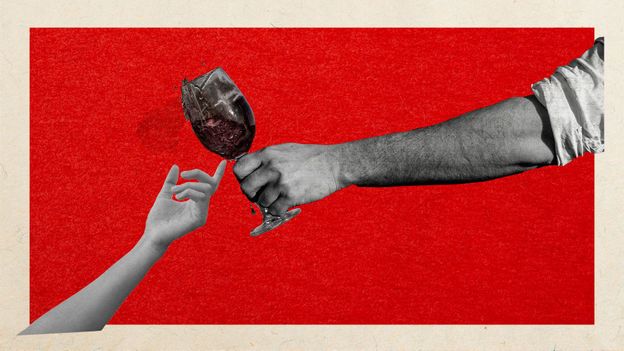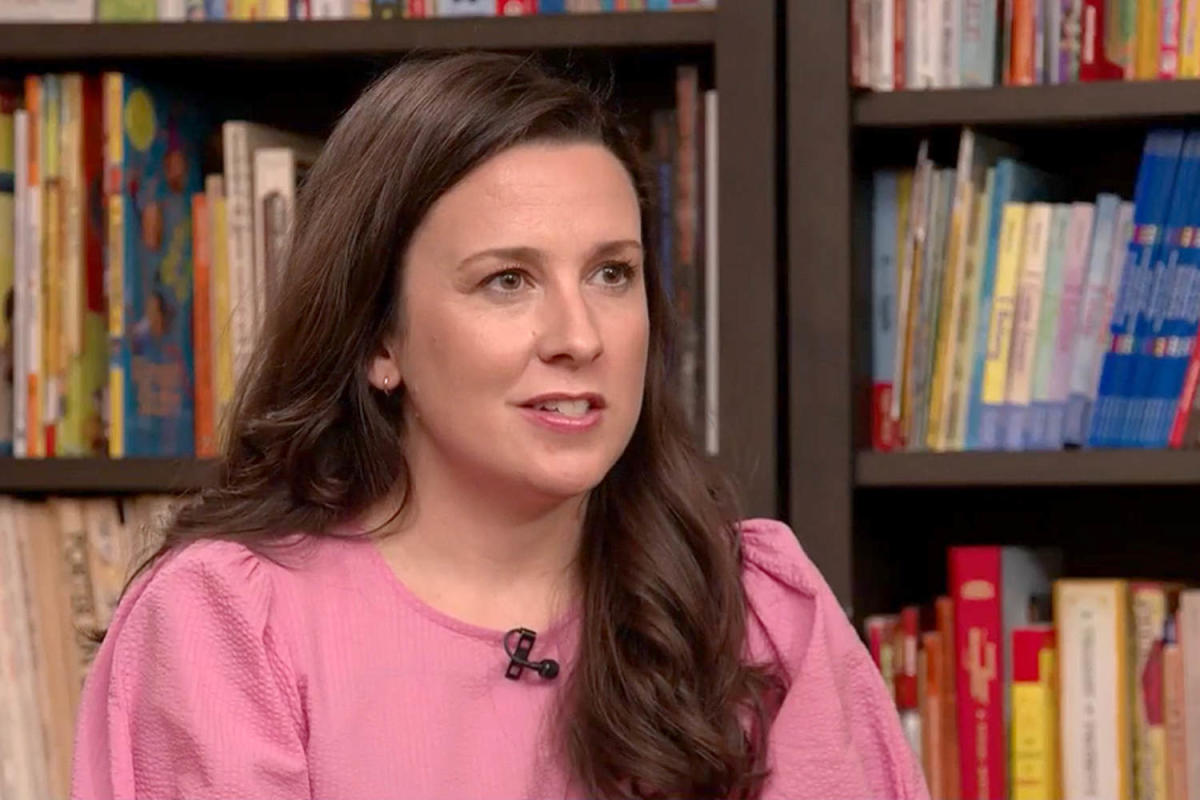Questioning his participants about their behaviour, Ahammer found that the Austrians’ perceptions of the dangers associated with drinking changed dramatically as they passed their sixteenth birthday. “When alcohol becomes legal, teenagers perceive it to be much less risky than before,” Ahammer says. At 16, that false sense of security could be dangerous, whereas at 21, the more mature brain is somewhat better equipped to handle its drink.
Nor does the idea of a healthy European drinking culture hold true over a lifetime. According to the World Health Organization, data indicates that half of all alcohol-attributable cancers in the European region are caused by light and moderate alcohol consumption.
You may also like:
Given the scientific evidence, should governments set the legal minimum age to 25 or over – once the brain has stopped developing? Experts point out that it’s not that simple, since the public health benefits need to be balanced against people’s perceptions of personal liberty.
“I think there’s this very little public appetite for a drinking age of 25,” says James MacKillop, who studies addictive behaviour at McMaster University in Hamilton, Ontario. “High minimum legal ages are perceived as paternalistic, and they can be seen as hypocritical if the legal age of majority for voting, or the legal age to serve in the military, is 18 or 19.”
Ahammer agrees. “At some point that we should just allow people to make their own decisions.”
Instead, MacKillop suggests adolescents could be provided with better education about alcohol’s risks, and the ways that it can affect the maturing brain. “Just assuming that people will naturally develop responsible habits when it comes to these drugs is a fairly optimistic assumption,” he says.
Looking back at my adolescence, I would have been intrigued to know about my brain’s continued transformation, and the effects that my alcohol consumption could have on its wiring. I don’t expect that I would have been teetotal – I still drink today, after all, despite knowing the long-term health risks – but I might have thought twice before buying an extra round.
*David Robson is an award-winning science writer. His next book is The Laws of Connection: The Transformative Science of Being Social, to be published by Canongate (UK) and Pegasus Books (USA & Canada) in June 2024. He is @d_a_robson on Twitter, and @davidarobson on Instagram and Threads.
—
If you liked this story, sign up for The Essential List newsletter – a handpicked selection of features, videos and can’t-miss news delivered to your inbox every Friday.
Join one million Future fans by liking us on Facebook, or follow us on Twitter or Instagram.

Rachel Carter is a health and wellness expert dedicated to helping readers lead healthier lives. With a background in nutrition, she offers evidence-based advice on fitness, nutrition, and mental well-being.







